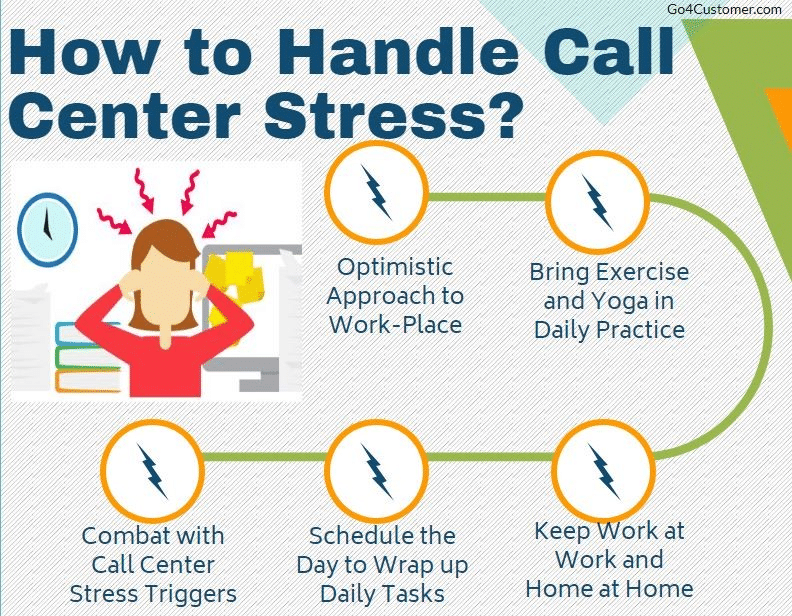Canada vs USA for International Students: Which is Better to Study Abroad

Many students wonder whether the US or Canada is the better option for studying abroad. Both study destinations are excellent choices due to their good quality of life, public services and educational opportunities, making it difficult to choose just one. The purpose of this comprehensive guide is to help you decide whether the US or Canada is the ideal study abroad destination for your aspirations.
Table of contents
The American versus Canadian education systems
| The education system in the US | The education system in Canada |
|---|---|
| Among other study destinations, the US has a remarkable education system.
Many of the top US universities and research centers allow international students to enroll in their undergraduate and graduate programs. |
Canadian higher education institutions are committed to fostering student success in their academic, professional and personal endeavors.
Canadian universities classrooms are a mix of lectures and tutorials in addition to being committed to high quality research and teaching. |
| There are 3 types of higher education institutions in the US:
1.Junior or Community Colleges: These institutions offer two-year associate degrees at reasonable tuition rates, and after graduation you can earn your bachelor’s degree in just 2 years. 2. Vocational Schools: There are many sought-after occupations that do not require a college degree but do require training, and these schools offer short, career-oriented programs to prepare students for these positions. 3. Universities: They are classified as public (government-run) or private (a mix of profit and non-profit). They offer programs for students at all academic levels, from undergraduate to postgraduate degrees. |
There are 4 types of higher education institutions in Canada:
1. Universities: They offer a wide variety of associate degree programs, bachelor’s, master’s and doctoral degrees. 2. Colleges: University colleges offer diploma and university transfer programs. 3. Community Colleges: Students have the option of pursuing a variety of credentials, including certificates, diplomas, associate degrees, bachelor’s and master’s degrees. 4. Career and Technical Colleges: Technical training programs usually conclude with certificates or degrees. |
An important thing to know is that many colleges and universities in both destinations offer transfer credit for courses completed there.

List of the Top 10 Universities in USA vs Canada
Looking at university rankings can help you choose between the US and Canada by giving you an idea of the relative quality of higher education in the two destinations. You can view the top 10 universities of each destination according to the QS World University Rankings 2023:
Dual Degrees in USA vs Canada
Have you ever considered combining your two passions – business and design – into one career? Having two degrees gives you an advantage in the job market, whether it’s a bachelor’s or master’s degree.
Let’s take a look at some of the best double degrees in both the US and Canada:
|
Dual Undergraduate Degrees in USA and Canada |
Dual master’s degrees in the US and Canada |
|
Bachelor of Engineering (Honours) and Bachelor of Business |
Master in Cyber Security Analysis and Master in International Relations |
|
Bachelor of Business Administration and Bachelor of Information Technology |
Master Accountancy and Master Business Law |
|
Bachelor of Laws and Bachelor of Arts |
Master Creative Industries and Master Management |
|
Bachelor Design and Bachelor Media Communication |
Master in Planning and Master in Architecture |
|
Bachelor of Pedagogy and Bachelor of Music |
Master Business Analytics and Master Management |
Types of Postgraduate Degrees in USA vs Canada
Postgraduate degrees in the US are classified into master’s programs (professional or academic) and PhD programs. On the other hand, postgraduate degrees in Canada are classified into diplomas, courses, and programs.
|
Postgraduate Degrees in USA |
Postgraduate courses in Canada |
Duration |
|
Master’s degree (professional) |
– |
2 years |
|
Master’s degree (Academic) |
– |
2 years |
|
Doctorate or PhD |
– |
5 to 8 years old |
|
– |
Postgraduate Diplomas |
1 year |
|
– |
Master’s programs |
Up to 2 years |
|
– |
Doctorate courses |
Up to 6 years old |
List of Top 5 Scholarships for International Students | the United States vs. Canada
Universities and colleges in the US and Canada have long been recognized as some of the best in the world, and every year many of them offer a wide range of scholarships for international students.
Check out the following list of the top 5 scholarships for international students in each destination.
Admission University Requirements | the United States vs. Canada
University admission requirements differ depending on the university, field of study and degree of study. However, in general, if you want to apply to a top university in the US or Canada, the following is required:
Student Visa Requirements | the United States vs. Canada
Visa Requirements for US Students
There are three main categories of student visas in the US:
- F1 Student VisaTo study at a college or university in the US or to study English at an English language institution.
- J Exchange VisaWith the aim of participating in an exchange program of secondary schools and universities.
- M Student Visa: For non-academic or vocational study or training in the US.
It is necessary to apply to and be accepted by a university in the US that is part of the Student and Exchange Visitor Program in order to study there. If you are accepted, the International Student Office will provide you with Form I-20, which is a hard copy of your file in the Student and Exchange Visitor Information System (SEVIS).
Visa requirements for students in Canada
The Canadian student visa is commonly referred to as a “study permit”.
Because study permit requirements can change quickly, make sure you follow the most up-to-date information. The Immigration, Refugees, and Citizenship Canada (IRCC) website is the best source to get this information.
For possibly. you can always contact us a free consultation Where we can advise you on the full visa application procedure.
Student Employment| the United States vs. Canada
As an F-1 student in the United States, you can choose from a wide variety of job opportunities. Working off-campus usually requires a degree in an area related to the student’s major and requires approval from a designated school official. In general, it is easier for students to find a job on campus.
A social security number is required for any job in the United States (SSN). Even if you don’t have a social security number, you can still apply for a job and then use that offer to apply for one when you’re hired.
The Post-Graduation Work Permit Program (PWPP) allows you to gain valuable work experience in Canada if you plan to stay in the country after graduation. Work permits under the PWPP are valid for the duration of your initial study program (up to three years) and allow you to work in any profession and change employers at any time.
Cost of Studying | the United States vs. Canada
Cost of Studying in the USA
Tuition fees in the US depend on the type of degree you are pursuing and the university you attend. Your total tuition is expected to be between $10,000 and $55,000. (indicative).
|
Study program level |
Average annual costs in US dollars (USD) |
|
English language studies |
$8,400 to $24,000 |
|
community schools |
$6,000 to $20,000 |
|
Bachelor’s degree/bachelor’s degree |
$20,000 to $40,000 |
|
Graduate programs |
$20,000 to $45,000 |
|
doctorate |
$28,000 to $55,000 |
Cost of Studying in Canada
Total tuition in Canada varies based on your chosen field of study and institution. This costs between $13,000 and $40,000 per year in Canadian dollars.
|
Study program level |
Average Annual Cost in Canadian Dollars ($) |
|
Undergraduate Program |
$13,000 to $20,000 |
|
Postgraduate master’s degree |
$17,000 to $25,000 |
|
doctorate |
$7,000 to $15,000 |
|
MBA |
$30,000 to $40,000 |
*Source: Canadian government website, please note that all figures are indicative.
Cost of living | the United States vs. Canada
The cost of living in the US or Canada is influenced by several factors, including your lifestyle and the city in which you study. Check out the IDP Cost of Living Calculator or speak with your certified advisor to get a better idea of how much money you need in each country. Let’s take a look at what it typically costs to live in each country.
|
Type of expenses |
The US (cost per month in US dollars) |
Canada (cost per month in Canadian dollars) |
|
Hostels and guest houses |
$1,350 to $3,000 |
$300 – $600 ($10 – $20 per night) |
|
Shared rental |
$470 to $3,600 |
$250 to $700 |
|
On campus (Accommodation) |
$800 to $900 |
– |
|
Host family (Accommodation) |
$600 to $3,000 |
$400 to $800 |
|
Private apartment |
$450 |
$400 to $1500 |
|
Internet/telephone |
$35 to $60 |
$50 to $76 |
|
Food |
$17 to $42 |
$1200 to $1500 |
|
Electricity/gas |
$50 to $100 |
$200 |
|
Transport |
$36 |
$100 to $150 |
Best Cities for International Students | the United States vs. Canada
According to the QS Best Student Cities Ranking 2023, four of the five most student-friendly cities in the world are in the US and Canada.
Going places? IDP welcomes you
You are one step closer to a future full of opportunities and adventures. Please contact your certified IDP advisorwho will help you determine the best study destination and program abroad for you and guide you through the necessary application procedures.







